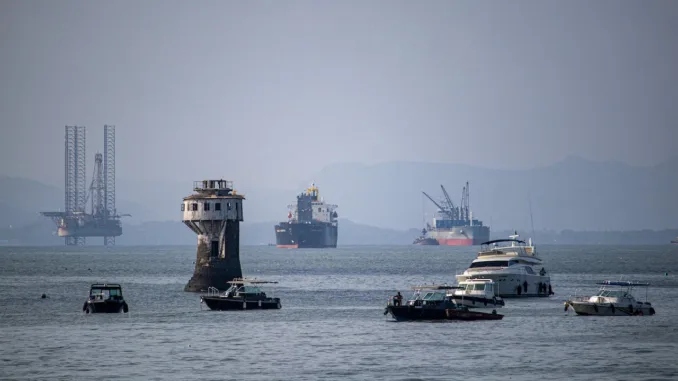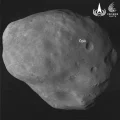
The Red Sea is one of the most important waterways for global oil trade, connecting the Middle East and Africa with Europe and Asia. However, it is also a hotspot of geopolitical tension, especially due to the ongoing conflict in Yemen, where the Houthi rebels have been fighting against the Saudi-led coalition since 2015.
The Houthis have repeatedly threatened to attack oil tankers passing through the Red Sea, claiming that they are part of the coalition’s blockade of Yemen. They have also claimed responsibility for several attacks on Saudi oil facilities and vessels in the past. In 2018, they attacked two Saudi oil tankers in the Bab al-Mandeb strait, which connects the Red Sea with the Gulf of Aden. The incident prompted Saudi Arabia to temporarily suspend its oil shipments through the strait, raising fears of a disruption in global oil supply.
However, despite the Houthi threats and attacks, oil tankers have continued to move through the Red Sea without major incidents. According to data from Refinitiv Eikon, a financial information provider, more than 1,000 oil tankers crossed the Bab al-Mandeb strait in 2021, carrying about 6 million barrels per day of crude oil and refined products. This is slightly higher than the average of 980 tankers per year in the previous five years.
The reason for this resilience is that oil tankers have adopted various measures to protect themselves from potential attacks, such as increasing their speed, changing their routes, hiring armed guards, and coordinating with naval forces. Moreover, the coalition has increased its presence and patrols in the Red Sea, providing escort and protection to oil tankers. The coalition has also claimed to intercept and destroy several Houthi drones and missiles targeting oil facilities and vessels.
The Houthi issue remains a serious threat to the security and stability of the Red Sea and the global oil trade. However, as long as oil tankers continue to take precautions and receive support from the coalition, they are likely to maintain their movements through the waterway without major disruptions.






